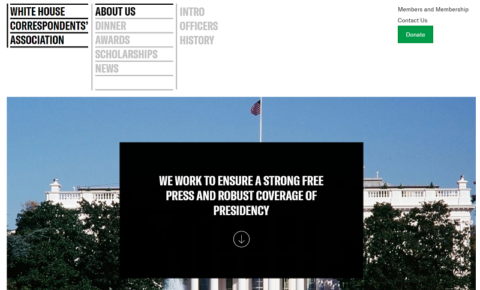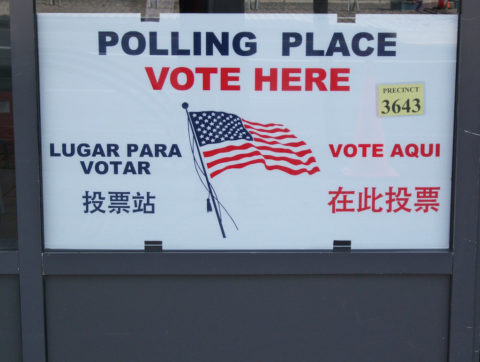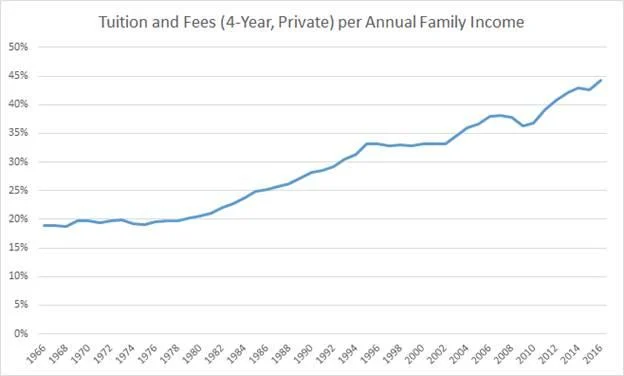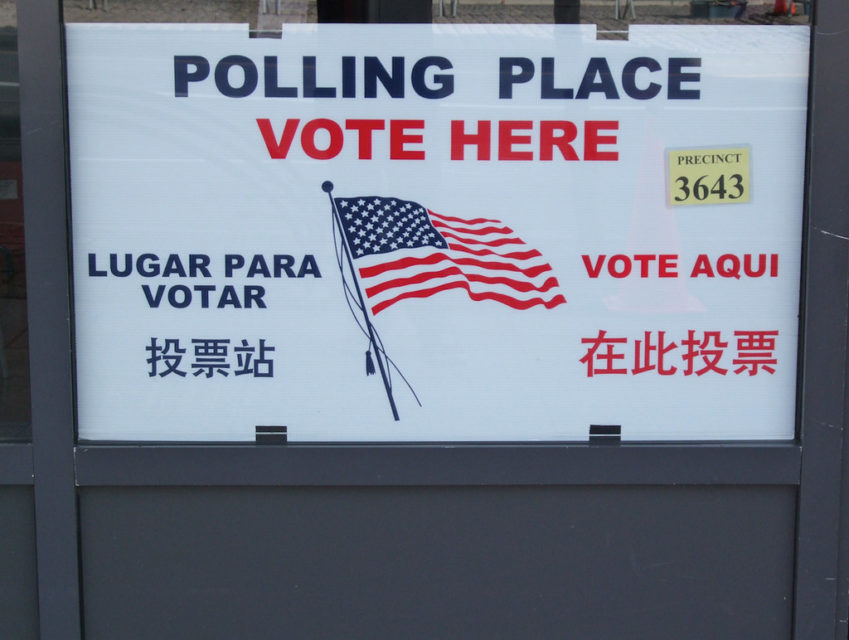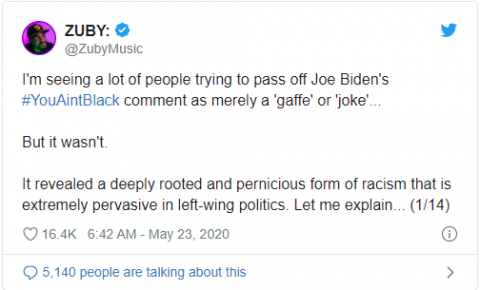The collapse of western — specifically American — control in Afghanistan got put on fast forward and the US dying media can’t be bothered to give it much attention. Mark Steyn didn’t explicitly predict this particular high-speed collapse, but he’s been warning about the Afghan situation for over a decade:

A Boeing CH-47 Chinook transport helicopter appears over the U.S. embassy compound in Kabul, 15 Aug 2021. Image from Twitter via libertyunyielding.com
To reprise a line from a decade-old column of mine:
Afghanistan is about Afghanistan – if you’re Afghan or Pakistani. But, if you’re Russian or Chinese or Iranian or European, Afghanistan is about America.
That’s the point to remember: if you’re an Afghan schoolgirl, today is the fall of Kabul; elsewhere, in the chancelleries of allies and enemies alike, it’s the fall of America. Even by their usual wretched standards, the world’s most somnolent media are struggling to stay up to speed on the story. Here’s the scoop from USA Today:
Taliban’s Afghanistan Advance Tests Biden’s ‘America Is Back’ Foreign Policy Promise
You don’t say! Did he misread the prompter, or mishear the guy in his ear? “America is on its back”, surely?
But don’t worry, the world’s most lavishly over-funded “intelligence community” is on the case:
Kabul Could Fall To The Taliban Within 90 Days, U.S. Intelligence Warns
Thank you, geniuses. That was Thursday. So it turned out to be well within ninety hours — which is close enough for US intelligence work.
Was this the same “seventeen intelligence agencies” who all agreed Russia had meddled in the 2016 election — and with whose collective intelligence only a fool would disagree?
Or perhaps it was only one intelligence agency — most likely the crack agents of the highly specialized Federal Unitary Central Kabul Western Intelligence Tracking Service.
To modify Hillary Clinton, what difference at this point would it make if the US government simply laid off its entire “intelligence community”?
Indeed, what difference would it make if it closed down its military? Obviously, it would present a few mid-life challenges for its corrupt Pentagon bureaucracy, since that many generals on the market for defense lobbyist gigs and board directorships all at once would likely depress the going rate. But, other than that, a military that accounts for 40 per cent of the planet’s military spending can’t perform either of the functions for which one has an army: it can’t defeat overseas enemies, and it’s not permitted to defend the country, as we see on the Rio Grande.
So what’s the point?
Oh, oh, but, if a nation doesn’t have an army to defend it, a quarter-of-a-million foreign invaders could just walk into the country with impunity every month!
The scale of America’s global humiliation is so total that I see my friends at Fox News cannot even bear to cover it. As I write, every other world network — the BBC, Deutsche Welle, France 24, not to mention the Chinese — is broadcasting the collapse of the American regime in real time; on Fox, meanwhile, they’re talking about the spending bill and the third Covid shot and the dead Haitians … as if the totality of the defeat is such that for once it cannot be fixed into the American right’s usual consolations (“well, this positions us pretty nicely for 2022”).
On the leftie side, of course, the court eunuchs have risen as one to protect the Dementia Kid, and are working as hurriedly as the Kabul document-shredders in an effort to figure out a way to blame it all on Trump.
Of course, retreating from Kabul is kind of a western military tradition:
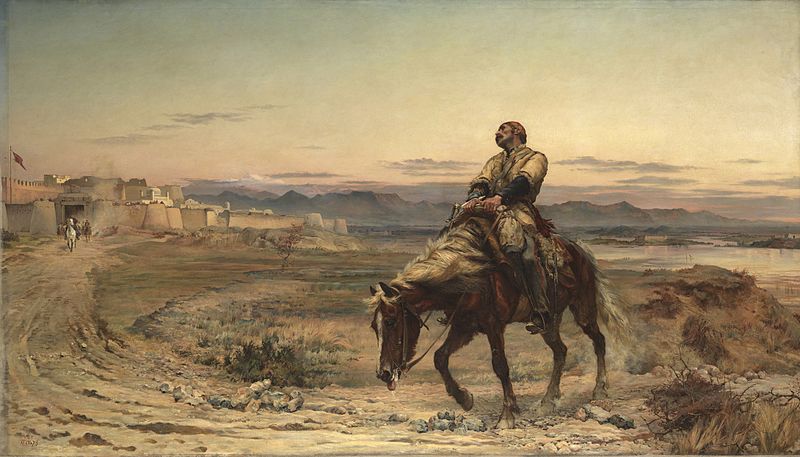
Remnants of an Army (1879) by Elizabeth Butler portraying William Brydon arriving at the gates of Jalalabad as the only survivor of a 16,500 strong evacuation from Kabul in January 1842.
Public domain image via Wikimedia Commons.
The remnants of an army, Jellalabad (sic), January 13, 1842, better known as Remnants of an Army, is an 1879 oil-on-canvas painting by Elizabeth Thompson, Lady Butler. It depicts William Brydon, assistant surgeon in the Bengal Army, arriving at the gates of Jalalabad in January 1842. The walls of Jalalabad loom over a desolate plain and riders from the garrison gallop from the gate to reach the solitary figure bringing the first word of the fate of the “Army of Afghanistan”.
Supposedly Brydon was the last survivor of the approximately 16,000 soldiers and camp followers from the 1842 retreat from Kabul in the First Anglo-Afghan War, and is shown toiling the last few miles to safety on an exhausted and dying horse. In fact a few other stragglers from the Army eventually arrived, and larger numbers were eventually released or rescued after spending time as captives of Afghan forces.

